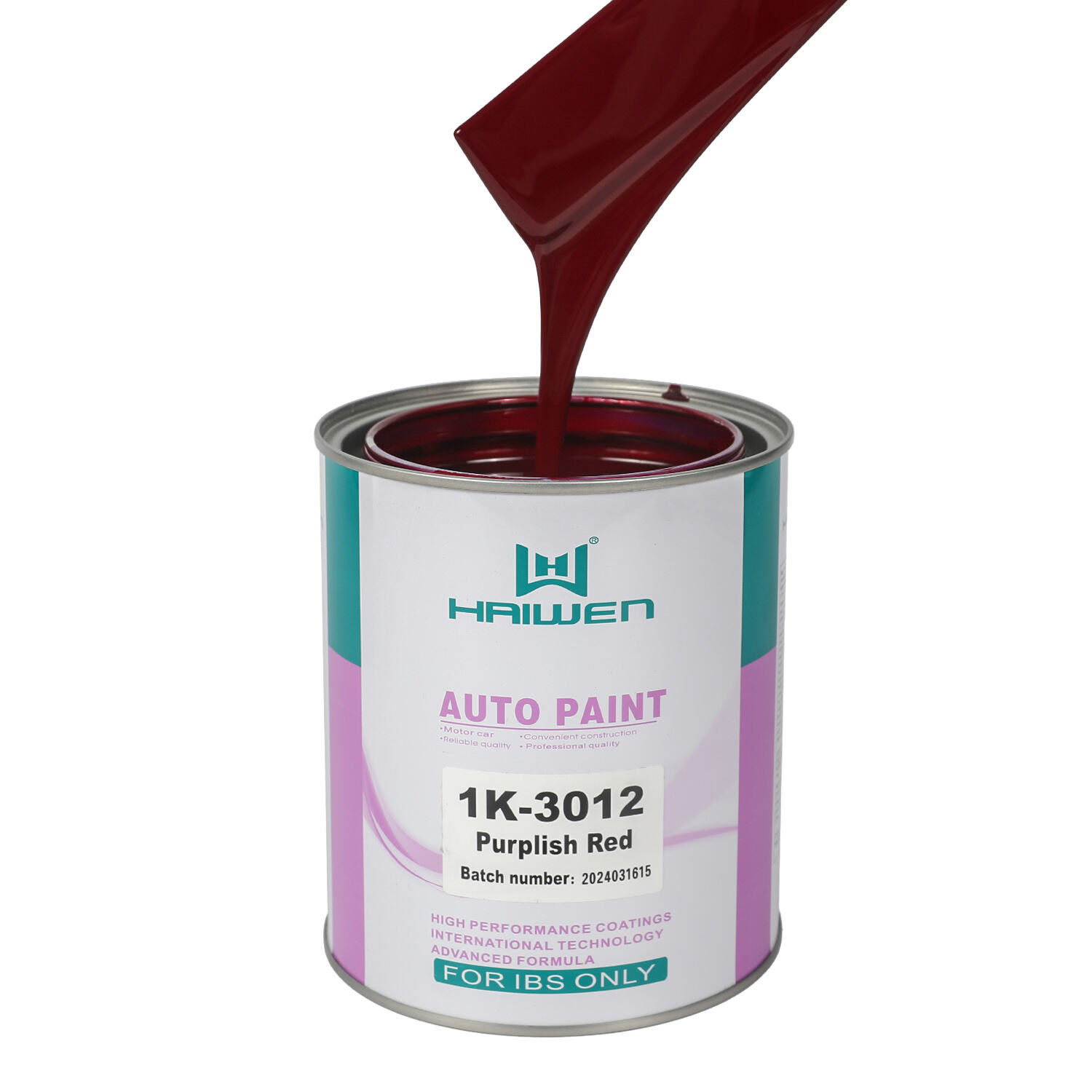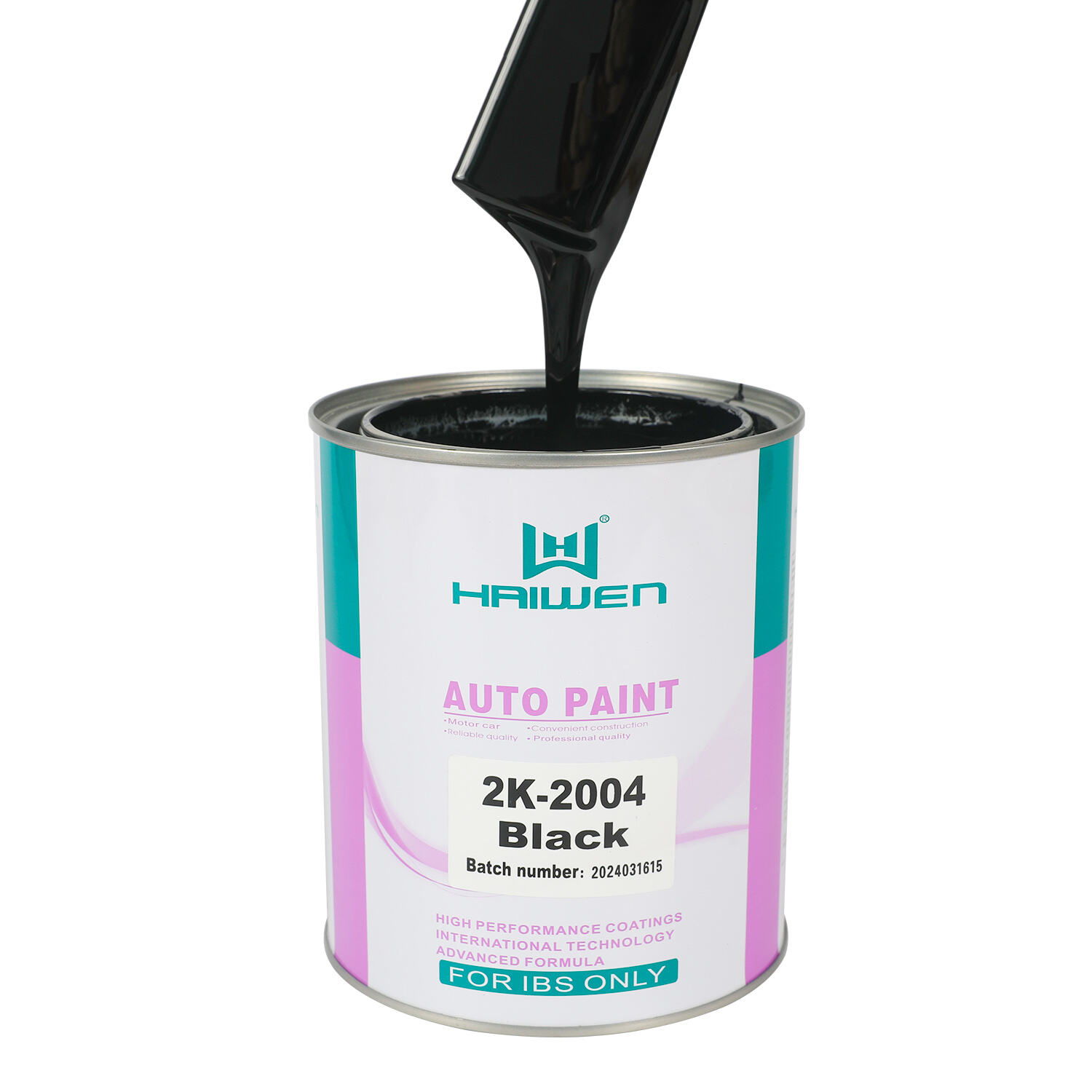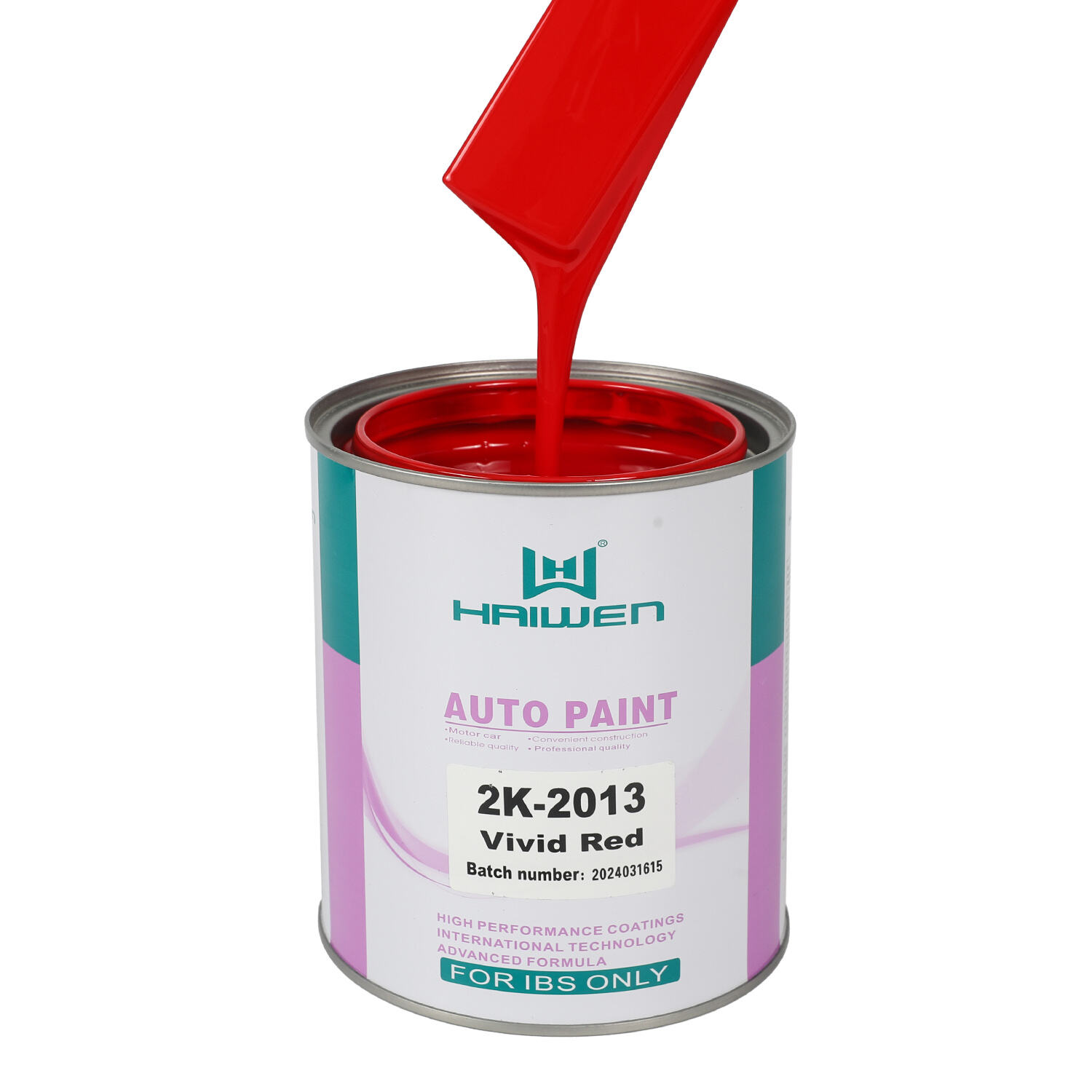popular hardener types
Hardeners are essential components in various industrial applications, primarily used to enhance the strength, durability, and performance of materials. The most popular types include epoxy hardeners, polyurethane hardeners, and amino hardeners. Epoxy hardeners are widely recognized for their exceptional bonding capabilities and chemical resistance, making them ideal for construction, automotive, and aerospace applications. They work by initiating a chemical reaction that transforms liquid epoxy resins into solid, durable materials. Polyurethane hardeners are valued for their flexibility and weather resistance, commonly used in coatings, adhesives, and sealants. They provide excellent abrasion resistance and can maintain their properties across diverse temperature ranges. Amino hardeners, including aliphatic and cycloaliphatic amines, offer rapid curing times and superior chemical resistance. These hardeners are particularly effective in protective coatings and high-performance composites. Each type features specific technological characteristics, such as varied pot life, cure times, and temperature resistance, allowing manufacturers to select the most appropriate option for their specific applications. The versatility of modern hardeners has revolutionized manufacturing processes across multiple industries, enabling the creation of stronger, more durable products.


